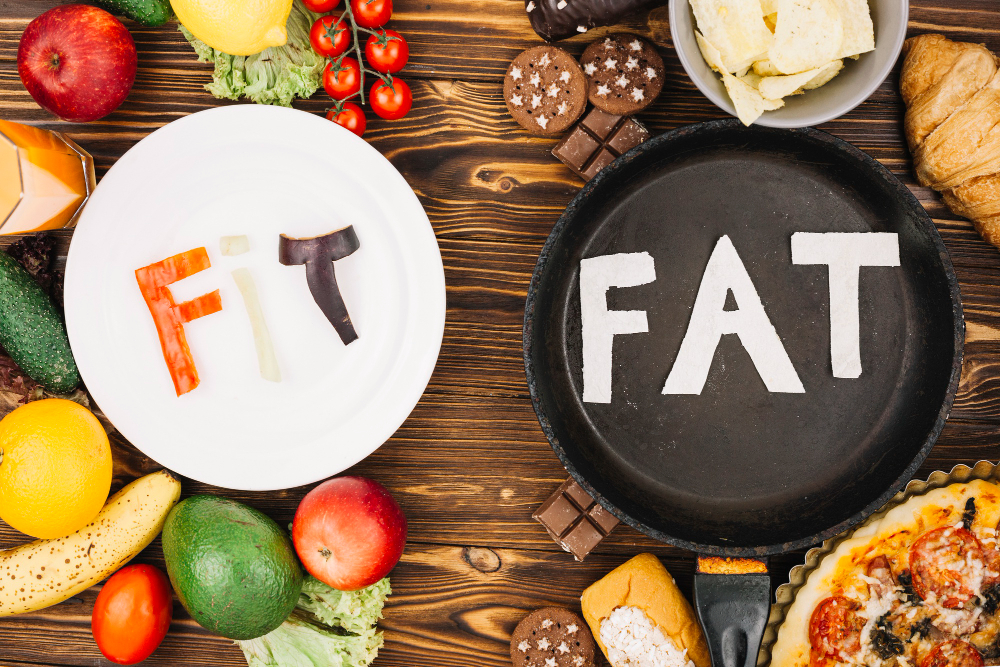How Many Carbohydrates Should You Consume Daily?
The majority of the body’s energy comes from carbohydrates, and how much you should consume depends on certain factors. The breakdown of carbohydrates gives us glucose, a good source of fuel for the body. Our bloodstream carries glucose to support our cells, muscles, tissues, and organs. Daily activities which include breathing, thinking, moving, and lifting weights are all powered by glucose.
How Many Carbs Should You Eat?
The Institute of Medicine advises consuming 45–65% of your daily caloric intake as carbohydrates. However, this is just a guideline that can be adjusted based on your requirements.
Your goals will ultimately determine how much carbohydrates you should concentrate on consuming each day. For instance, a person training for a marathon will require more carbohydrates than someone trying to lose weight.

Why Quality Of Carbs Matter
Each gram of carbohydrates has 4 calories, but not all carbohydrates are created equal.
Fruits, vegetables, and whole grains are examples of whole-food sources of carbs that are also good sources of vitamins, minerals, fiber, and phytochemicals that support overall health. These are also referred to as “complex carbohydrates” since they are composed of longer chains of sugar molecules.
Sugars that are simpler to digest make up for simple carbs. This can be a crucial source of energy for exercises that need endurance and for lifting weights. They have a quick-release “sugar high” that enters the bloodstream very quickly. Some of these simple sugars are present in foods like fruits and dairy products naturally. But simple sugars are more frequently found in processed and refined meals like candy, white bread, and sodas. They frequently contain additional sweeteners or “empty calories.”
Consuming excessive quantities of added sugar can cause weight gain and raise your chances of developing diabetes and heart disease. It can as well disrupt your method of sleep and affect the gut microbiome, this influences most parts of the body in digestion, mood, and energy levels.

WHAT HAPPENS WHEN YOU EAT TOO MANY CARB
As pointed out already, the body needs carbohydrates in the form of glucose for energy. On the other hand, the body stores extra glucose as glycogen in the muscles and liver when you consume too many carbohydrates. You must deplete your glycogen reserves before you can begin to burn fat.
WHAT HAPPENS IF YOU DON’T GET ENOUGH
It is now very common to decrease carbs since it can result in weight loss, and it often does for many people. But keep in mind that carbohydrates are necessary. They provide energy for our brains, muscles, and internal organs. Over time, a severe carbohydrate deficiency may have an influence on gastrointestinal health, muscle loss, and cognition. Similar to this, you might experience cravings for sugary foods if you drastically reduce your carb intake (a signal your body is looking for energy). In the end, you can put the weight back on as a result of binge eating or other unhealthy habits.
Carbohydrates, however, are necessary for our daily health and shouldn’t be something scared of. A healthy, well-balanced diet can include both simple and complex carbs. Particularly if you’re deciding to follow a low-carb eating style, it’s crucial to concentrate on quality in addition to quantity. Give whole-food sources of carbohydrates, such as ancient grains, fruits, and vegetables, a top priority. Observe how your energy levels and waistline are affected by your carbohydrate intake by keeping a meal journal. From there, you can keep modifying how much you eat following your objectives. Contact a certified dietician for assistance in creating a personalized plan if you need assistance getting started.

